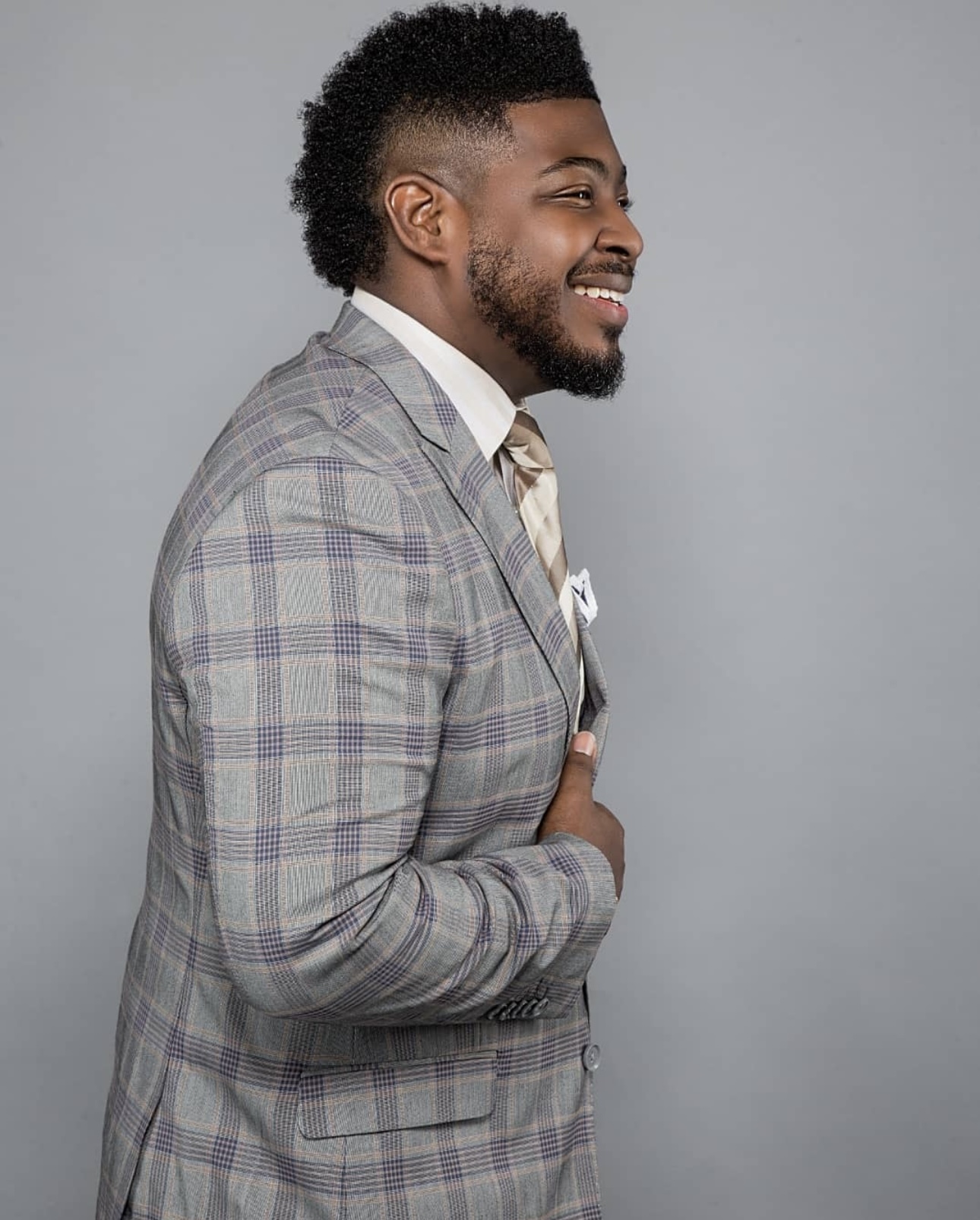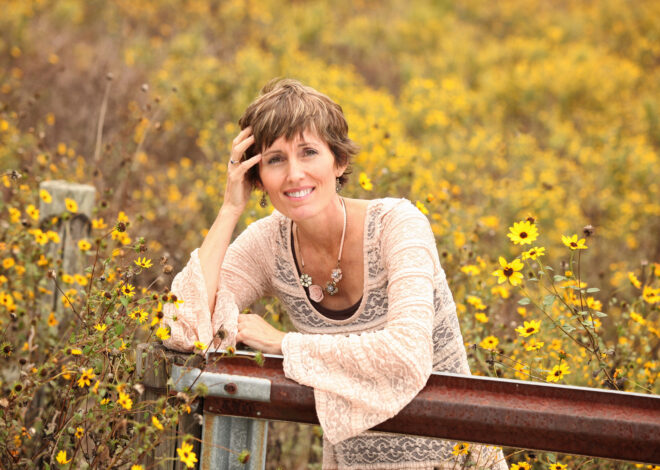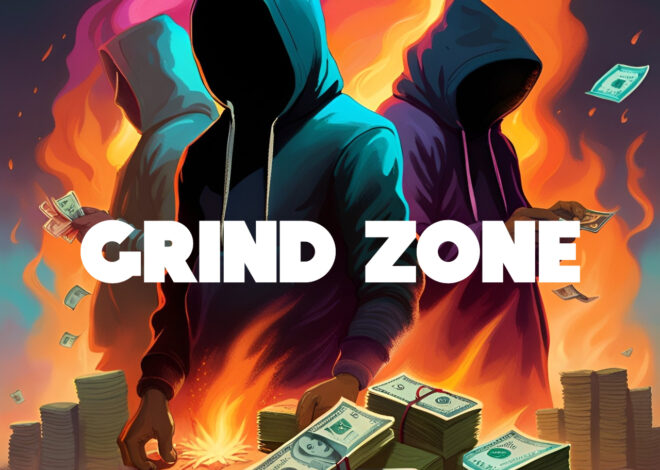
Interview: Tre L Henderson
Deepening the Church Influence
You’ve spoken about how your church background has shaped your musical and speaking styles. Can you delve deeper into how specific church experiences or teachings have influenced your approach to creativity and improvisation in your performances?
Absolutely. Consider the proverbial Charismatic Christian movement. That is basically how I grew up. I heard and observed great speakers who had ‘a way’ with crowds. They knew when to raise their voices, what to say, how to stand, even when to mix speaking and singing. They knew how to communicate their ideas in an exciting, attention demanding way. When you grow up around so many creatives, it’s hard not to become creative.
Adapting in Real-Time
You mentioned changing your approach mid-performance during a corporate event. Can you share another instance where on-the-fly adaptation led to a significant and positive outcome, and what you learned from that experience?
I was emcee’ing an event for a known household company. The Creative Director of the event wanted to create a moment with a great deal of fanfare when it was time for the dessert. At that point in the evening, I had a very scripted line that was to cue the wait staff to bring in large slices of cake from different entrances of the ballroom, thus creating that moment. I had to introduce 2 people prior to the dessert cue. The wait staff must have misheard or must have been given the wrong cue, and they flooded the room prior to their actual cue. I immediately noticed that they didn’t await the proper cue, and I fused the introductions and their cue together, to make it seem as if it was done that way on purpose. The crowd was none the wiser. Some of the production team who knew I cleaned up that mistake like it was second nature, praised me later and said they don’t know how I did it. It made the moment appear seamless to the audience. I learned that most people Hosting/Emcee’ing don’t have that type of awareness or wherewithal to fix those types of moments, and many of them demand significant amounts of money.
Preparing for Impromptu Moments
Given your experience in Cabo San Lucas, can you describe any specific mental exercises or routines you use to stay mentally agile and ready for impromptu speeches or performances?
Know the event. Find out who you are working for/with, and in the cases of a corporate client- read about them. Read articles, read their mission/vision. Those are basic things that I do. I also make sure I read several other things (books, journals, editorials) that have nothing to do with a specific client. Reading expands the mind and helps to develop pliable thinking. Reading builds vocabulary. Additionally, listen and (whenever possible) have conversations (about anything) with people who are smarter than yourself. This is what I do. It broadens my views, gives me a more in depth perspective.
Balancing Influences
You strive to maintain your unique voice while paying homage to legendary artists. Can you share a specific example of a performance where this balance was particularly challenging, and how you navigated it?
I was asked to sing the renowned ‘What’s going On?’ by Marvin Gaye for a community event. Naturally, Marvin’s original recording is a masterpiece. It is a song known across cultures, across nationalities, etc. The challenge is being true to the original song that everyone knows so well, and also adding a little of myself to make it my own. In the live performance, I found balance in performing the song in such a way that gave the audience some of the familiar ad-libs, and then vocally added little things that were my interpretation-making the rendition my own.
Engaging Difficult Audiences
You’ve discussed engaging corporate audiences. Can you provide a detailed strategy or a step-by-step approach you take to turn a reserved audience into an enthusiastic one?
I don’t have a detailed strategy. My approach changes based on how I feel in that moment, with that audience. Perhaps the answer is, l figure out what I can do (with ease) that will add a layer of interest to the event that the audience may not have experienced prior.
For example, I emcee’d a charitable event in Boca Raton, FL. The company gave me free range to execute certain parts of the program as I saw fit. I had a few awards to present and instead of presenting the awards myself, I had a few of their colleagues join me to help announce the winners. This small shift made the audience perk up to see what was going to happen next. It also made them pay more attention because they were getting to see their colleagues on stage, operating in a capacity that they don’t typically witness (surely, it hadn’t happened in the years prior to me hosting).
Collaboration Dynamics
During your collaboration with James Dawkins on “Smile for Me,” what was the most unexpected challenge you faced, and how did you and James resolve it to achieve a successful outcome?
The most challenging part was honestly my own perfectionist attitude. I wanted it to be exact and perfect. The advantage I had was that I’d worked with James in live performances for some time and we had a good professional relationship. He was someone I respected and one of whom I’d previously borrowed wisdom. When I became comfortable and stopped focusing so much on trying to be perfect and focused more on delivering what I was feeling, we struck gold.
Authenticity and Consistency
Maintaining authenticity on stage is crucial for you. Can you share a specific ritual or routine that you perform before each show to ensure you bring your true self to every performance?
I breathe deeply, try to ‘center’ myself and abandon every thought outside of those that help me achieve the goals for that specific event (basically, being present in the moment), and I pray. I thank God for the gifts I’ve been afforded, and I ask God to allow the gifts to be delivered and displayed in excellence and in such a way that the audience will have a lasting, unforgettable experience.
Successful Performance Preparation
For one of your most successful performances, can you walk us through the entire preparation process from song selection to audience engagement, and highlight any particular strategies that contributed to its success?
Someone said, you can’t access on stage what you don’t build offstage. I prepare by reflecting on the most recent performance, considering what could have gone better (even if everyone else thinks it was flawless). I flood myself with music and reading/listening to speakers, watching speakers, rehearsing music, rehearsing ideas and music verbally and in my mind. Consider this ‘storing nuts’ because winter is coming. I’m in a state of constant preparation for what I may or may not need to access once I stand on stage. Stevie Wonder still goes to the studio everyday, Kobe Bryant still practiced daily after becoming a champion. The process continues.
Future Aspirations
You mentioned aspirations to author a book and mentor young musicians. Can you give us a sneak peek into the themes or stories you’d like to explore in your book, and what key lessons you hope to impart to the next generation of entertainers through your mentoring program?
I’d like to share some of the experiences similar to the one aforementioned in this interview.(like dessert cue and how I changed my verbiage on the spot to make a mistake appear seamless to the audience). I want young musicians to know that there is an entire corporate/wedding world that will allow them to utilize their gifts, operate in their passion, help them earn money, and in many cases it can be done while working on educational pursuits. I hope to instill professionalism, being open, big thinking, and I’d like to learn from their creativity as well. Empowering the next generation somehow keeps us young.


